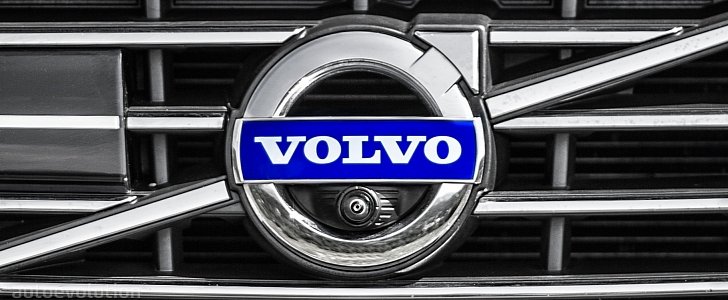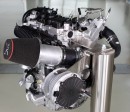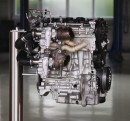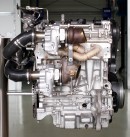The year was 1893 when a gentleman rocking a sweet little mustache built his first prototype of the diesel engine. It took the automotive industry until 1933 for Citroen to shoehorn a 1.8-liter diesel motor in the Rosalie, and the rest, as they say, is history in the making.
Affectionately named Satan’s Fuel by hard-line car enthusiasts, diesel eventually became the most popular propellant for both passenger and commercial vehicles. The U.S. of A. never got close and personal with diesel because, well, it doesn’t make much sense in the land of the free and the home of the brave.
The fate of the cetane-rich fuel is murky, though. Forget global warming and what Al Gore says about Johnny polar bear. The truth of the matter is, it’s the European Union’s higher-ups who make it hard for manufacturers to keep the diesel engine alive.
Volvo’s chief executive officer, Hakan Samuelsson, hits the nail on the head about one of the biggest challenges the automotive industry will be facing in the near future. More specifically, aftertreatment systems for controlling nitrogen oxide emissions are getting more expensive with each and every day.
To this effect, Mr. Samuelsson told German publication Frankfurter Allgemeine Zeitung the following: "From today's point of view, we will not develop any new-generation diesel engines.” Reading between the lines, Volvo’s head honcho is expecting the worst for the diesel motor. The cited report also suggests that the current crop of oil-chugging powerplant from Volvo, which dates back to 2013, will not live beyond 2023.
There’s a silver lining, though, and that’s electrification. The Swedish manufacturer is currently pumping money in plug-in hybrid and EV technologies, which are crucial to hitting the European Union's 95 grams of CO2 per kilometer fleet average emissions target.
The first-ever electric vehicle from Volvo will start production in 2019. To be made in China, the yet-unnamed model has been confirmed to ride on the company’s CMA platform.
The fate of the cetane-rich fuel is murky, though. Forget global warming and what Al Gore says about Johnny polar bear. The truth of the matter is, it’s the European Union’s higher-ups who make it hard for manufacturers to keep the diesel engine alive.
Volvo’s chief executive officer, Hakan Samuelsson, hits the nail on the head about one of the biggest challenges the automotive industry will be facing in the near future. More specifically, aftertreatment systems for controlling nitrogen oxide emissions are getting more expensive with each and every day.
To this effect, Mr. Samuelsson told German publication Frankfurter Allgemeine Zeitung the following: "From today's point of view, we will not develop any new-generation diesel engines.” Reading between the lines, Volvo’s head honcho is expecting the worst for the diesel motor. The cited report also suggests that the current crop of oil-chugging powerplant from Volvo, which dates back to 2013, will not live beyond 2023.
There’s a silver lining, though, and that’s electrification. The Swedish manufacturer is currently pumping money in plug-in hybrid and EV technologies, which are crucial to hitting the European Union's 95 grams of CO2 per kilometer fleet average emissions target.
The first-ever electric vehicle from Volvo will start production in 2019. To be made in China, the yet-unnamed model has been confirmed to ride on the company’s CMA platform.









